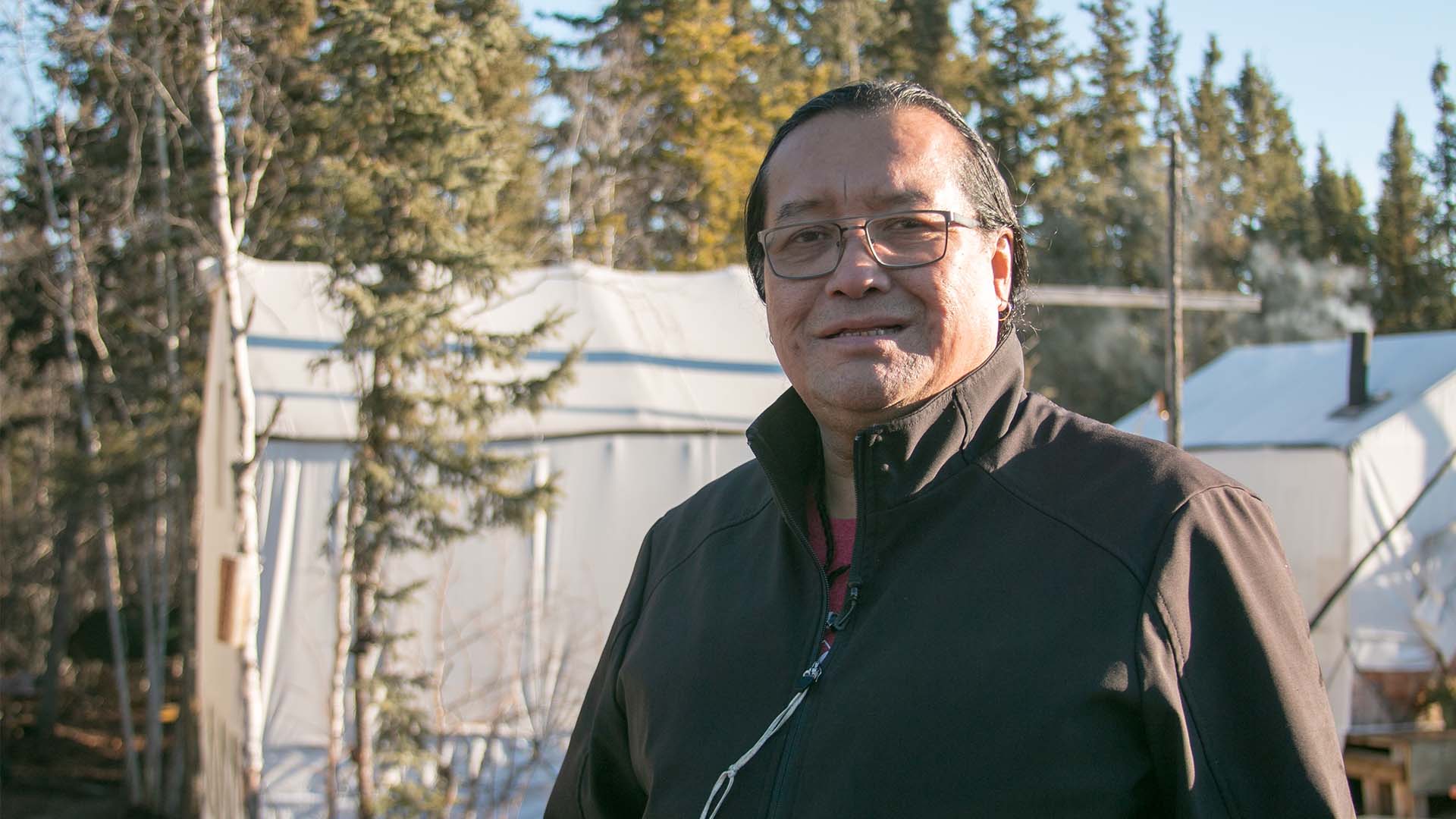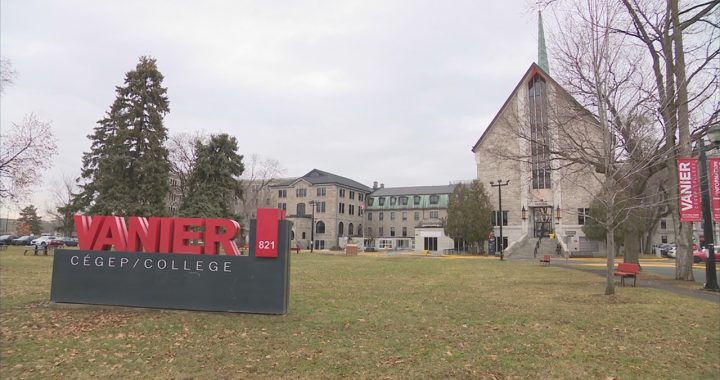For the second year in a row, the Northwest Territories has declared a local state of emergency to open a second temporary day shelter, but some frontline workers say it’s a band-aid solution to a complex crisis, deserving immediate intervention of root causes that contribute to homelessness.
William Greenland, is a traditional counsellor and co-founder of the Arctic Indigenous Wellness camp, a not-for-profit that provides Indigenized mental health and addictions support in Yellowknife.
He believes above all; the emphasis should be placed on healing individuals and families.
“We could set up places for them but it’s up to the individual to get off the street, to make the change in their life in order to get better,” Greenland said.
Yellowknife has one day shelter that serves a population of 20,000. For years it has operated at temporary locations to serve an ever-growing population of street-involved clients in the downtown core.
While construction of a permanent wellness and recovery center is slated to begin in 2024, the current day-shelter and conjoined sobering center are almost always full.
For Greenland, health and social workers must listen to their clients to work through traumas that make them more susceptible to addictions and homelessness.
“If we are calling it a sobering center, maybe it should be a place for people who want to sit who are sober and have a quiet place. That’s why they come here [the wellness camp] because it’s quiet and it’s a sober place,” he said.

Greenland told APTN his clients have concerns that the current model of delivery for day shelters is “out of control” and puts them at risk.
He suggests a new day shelter to incorporate Indigenous models of healing; a space where clients looking to sober up can go to be with Elders.
“Not enough of those government officials, and I’m putting it out there right now, come around much. They talk about healing and addiction and helping our people out. They should maybe come here and see what we do and maybe we could help them somehow,” Greenland said.
The wellness camp is staffed with those informed by a lived experience like Patricia Ross, a former client of the camp.
“The homeless people keep me coming back because to me they matter. And not too long ago I was in the same situation. I remember being looked down on,” Ross said.
She told APTN News the compassionate approach at the camp goes a long way.
Services like a breakfast program for the homeless in a comfortable setting in front of a fire and conversation over tea.
“When a human being such as my own people are crying out for help or love or affection whatever we are here to give it to them,” she said.

Pushback about the location of the shelter
Before any services can be organized the city and territorial government have to agree on where to put it.
In mid-September, the territorial government submitted a proposal to city council to convert the former Legion to a day shelter.
Anticipating some pushback from residents and nearby business owners in Yellowknife, Health Minister Julie Green, published an open letter imploring residents to support this location.
“To truly work towards reconciliation, we need to work collectively as governments, businesses, and citizens to support the members of our communities who have been impacted by this type of systemic racism,” Green said.
But city councilors voted against the proposed location.
Ross sees the decision as a means of disenfranchising a vulnerable population.
“I couldn’t believe they would argue against it. They are human beings their lives matter. It was very discouraging to see,” Ross said.
Councilors who opposed the proposed location argued that not all options were explored and that other models for delivery of programs and services.
Stacie Smith, the only Indigenous member of council voted against the proposed location.
The small-business owner took to social media to explain her decision.
“We continue to call for reconciliation and in that we need to recognize we cannot settle for the first offer, we are worth more, but if we continue with this pattern, the change we have been seeking will never come,” Smith said.
“Our vulnerable will not be left out in the cold that I am sure of.”
In a press conference on Oct. 15, Sara Chorostkowski, director of mental wellness and addictions recovery, told media the territory called a local state of emergency as they had run out of time to go through another permitting process.
“We have every intention to go through the city’s development permit process to ensure that we are able to continue to use this site for that longer term bridge period,” Choroskowski said.
According to Choroskowski, there are around 100 individuals in the city who rely on day shelter services at any given time.
“With the new day-shelter we’re anticipating that we should be able to accommodate up to 50 people including staff in the building with distancing,” she said.










